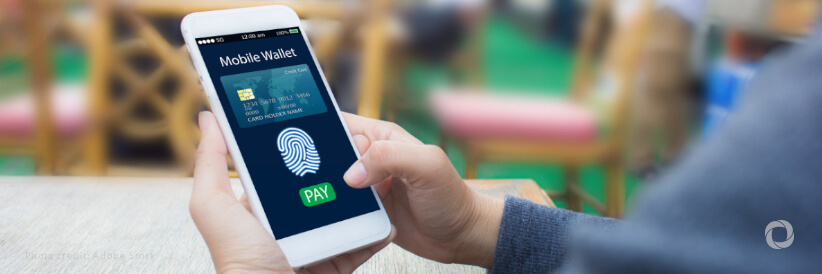Refugees often have difficulty accessing their own money. Mobile services are making day-to-day activities easier. The number of people worldwide forced to flee conflict and persecution has surpassed 100 million for the first time. This figure was announced in May by the United Nations Refugee Agency.
In Syria alone, 13 million of the country’s citizens are either internally displaced or have fled abroad since the civil war began more than 11 years ago. There are more than half a million Syrian refugees living in Jordan. Yet logistical problems continue to blight their day-to-day lives.
Jordanian law prohibits refugees from having a bank account. This is a problem for women in particular, as they are often responsible for managing household money: they buy food and pay rent, medical expenses, and school fees. Hana is one of the women without a bank account. She lives with her family in the northeast of Amman where she makes small table lamps and prayer mats with her husband. She has sold these via online marketplaces and has had the money paid out to her at exchange offices. Accessing her money has often proved difficult.
Digital solutions for financial inclusion
On behalf of the German Development Ministry (BMZ), the Deutsche Gesellschaft für Internationale Zusammenarbeit (GIZ) GmbH is providing support for the financial inclusion of refugees like Hana, as well as Jordanians on low incomes.
To this end, GIZ promoted the introduction of the JoMoPay (Jordan Mobile Payment) app, a digital wallet that enables users to make money transfers and payments with a smartphone. An account is opened either directly using an app of the payment service provider or via agents throughout the country. Agents provide cash-in services to users, who are then able to retrieve their money digitally. This is of particular benefit to refugees, women, and migrant workers since it saves them time and effort and also enables them to manage their money more independently. The easy payment procedure has been well received: around 1.8 million people across the country use the mobile wallet. The United Nations High Commissioner for Refugees (UNHCR) also uses the app to transfer social welfare payments to refugees.
Hana is one of its users too. Her customers pay for the products using the mobile wallet, and Hana does the same for her own expenses:
‘The mobile wallet allows me to receive payments and settle invoices quickly and easily. I save a lot of time and avoid having to have awkward conversations about money with people I don’t know – we feel more independent,’ she says.

